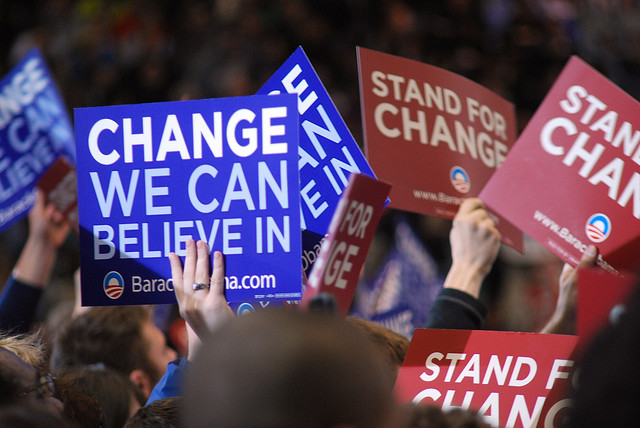
In November 2007, Facebook held its first big public event in New York with brands and agencies. CEO Mark Zuckerberg introduced the company’s first stab at social advertising with the grandiose pronouncement: “Once every 100 years, media changes.” Now, four and half years later, Facebook is back with a major marketing event in New York. You can be sure there won’t be such over-the-top statements, but Facebook is undoubtedly challenging how media works.
Ask an agency how many times it’s heard from a client, “What’s our Facebook strategy?” Seeing commercials driving to Facebook pages is pretty run of the mill now. Brands have caught the content bug, and Facebook is their most important distribution channel. Coke can rationally think it has a distribution network of 36 million.
The problem is much of the content brands are distributing isn’t reaching their consumers. Facebook is widely expected to announce today new ways brands can amplify their message — and customer interactions with them — in users’ feeds. Just setting up shop on Facebook isn’t going to cut it. Facebook generates just $4.39 per user versus $7 for Yahoo and $30 for Google. That gap is going to narrow.
“The free ride of ‘if you build a good experience, they will come’: those days are ending,” said Bryan Wiener, CEO of 360i.
The problem with this vision is that Facebook, like many in Silicon Valley, will run up against the maddening nature of Madison Avenue. Facebook has proven its willingness to go its own way in ditching industry standard ads for its own approach. This shift that Facebook will accelerate means the lines between earned media and paid media will blur. Pity the marketer who still thinks in “working” and “non-working” dollars. The problem is that this isn’t how agencies and advertisers work right now. For a typical client, there’s a different team handling paid media and earned media. Each of those teams has its own agency. The communication between all these entities is, well, as you imagine. “You’ve got a 365-days-a-year, semi-real-time world fostering communications and connections married to a legacy system,” said Wiener, whose own agency grew out of existing agencies neglecting the world of Google.
The ultimate vision for Facebook is to become a social CRM operating system for brands, according to Ian Schafer, CEO of Deep Focus. The problem is media agencies are in charge of the advertising. They’re interested more in piling up likes and getting clicks and not about connections. “The average dollar spent [on Facebook] is spent to get people to click the like button,” he said. “It’s like trying to grow your mailing list without caring how it’s performing.”
There are already signs of the unpaid and paid aspects of Facebook coming together. Facebook’s push deeper into advertising will challenge how advertisers and agencies separate paid and earned media.Facebook content management company Buddy Media is braching into paid media with its acquisition of Facebook ads manager Brighter Option. It’s worth reading Buddy Media CEO Mike Lazerow’s explanation of the “brave new world” that’s happening in social media, as brands become publishers.
The fittest and most adept marketers today create content that matters to people and distribute it with a passion across all channels available to them. The most compelling content to enter the conversation is now also the “paid ad copy.” It’s only a matter of weeks, not years, before those on the “earned” media side of marketing — community managers and PR firms – control their own paid ad budgets that will be used to spark and amplify conversations. Brands are now media companies. But unlike media companies, brands don’t sell ads to support their businesses. They earn and amplify word of mouth media to power up their connections and grow their business.
Things are going to get interesting. Facebook, like Google before it, is going to issue a challenge to the advertising world to either change or else. With Google, agencies were late to recognize the importance of search marketing and the need for tech systems to manage it. With Facebook there’s the risk advertisers and agencies will maintain their rigid silos that certainly don’t match up with what Lazerow is describing.
More in Media

Digiday+ Research: Dow Jones, Business Insider and other publishers on AI-driven search
This report explores how publishers are navigating search as AI reshapes how people access information and how publishers monetize content.

In Graphic Detail: AI licensing deals, protection measures aren’t slowing web scraping
AI bots are increasingly mining publisher content, with new data showing publishers are losing the traffic battle even as demand grows.

In Graphic Detail: The scale of the challenge facing publishers, politicians eager to damage Google’s adland dominance
Last year was a blowout ad revenue year for Google, despite challenges from several quarters.





